Grantmaking Through Crisis: Team Levine’s 2020 Takeaways
August 6, 2021Easy As ABC
August 31, 2021
Team Levine’s 2020 Takeaways: Continued
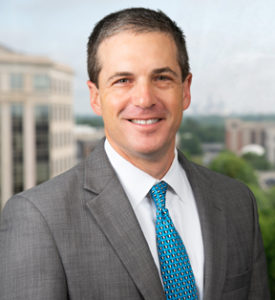
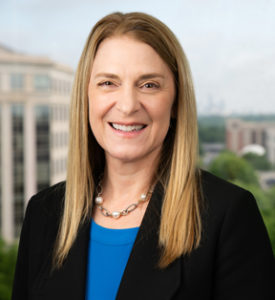
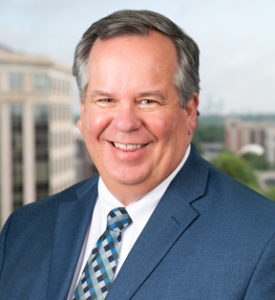
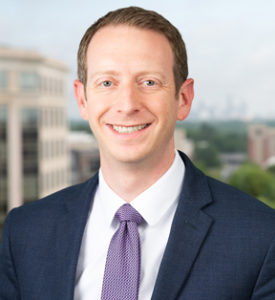
The Leon Levine Foundation has the privilege of partnering with hundreds of nonprofit organizations across North and South Carolina. The COVID-19 pandemic gave us the opportunity to learn from their leadership and strategies for sustainability. In this second installment of staff takeaways, we’re sharing reflections on 2020 from Foundation President Tom Lawrence, Senior Program Associate Deborah Majewski, Senior Program Associate Dr. Mike Richardson, and Director of Operations Justin Steinschriber (as pictured from L to R above).
TLLF: What surprised you most in watching our community respond to COVID-19?
Tom: While maybe not surprising, I was amazed at the resiliency of our partners over the last year. With so many unique challenges and an enormous increase in need, the incredibly talented leaders of so many nonprofits went above and beyond not only to make sure their organization remained impactful but also grew that impact in unprecedented ways.
One of the most critical lessons learned over the last year was the importance of trusting the amazing leaders of our partner nonprofits. We shifted a significant portion of our restricted grants to unrestricted awards, knowing that our partners would be able to distribute those funds in the most impactful way. We are so proud of these efforts across the Carolinas over the last year and for the future as well.
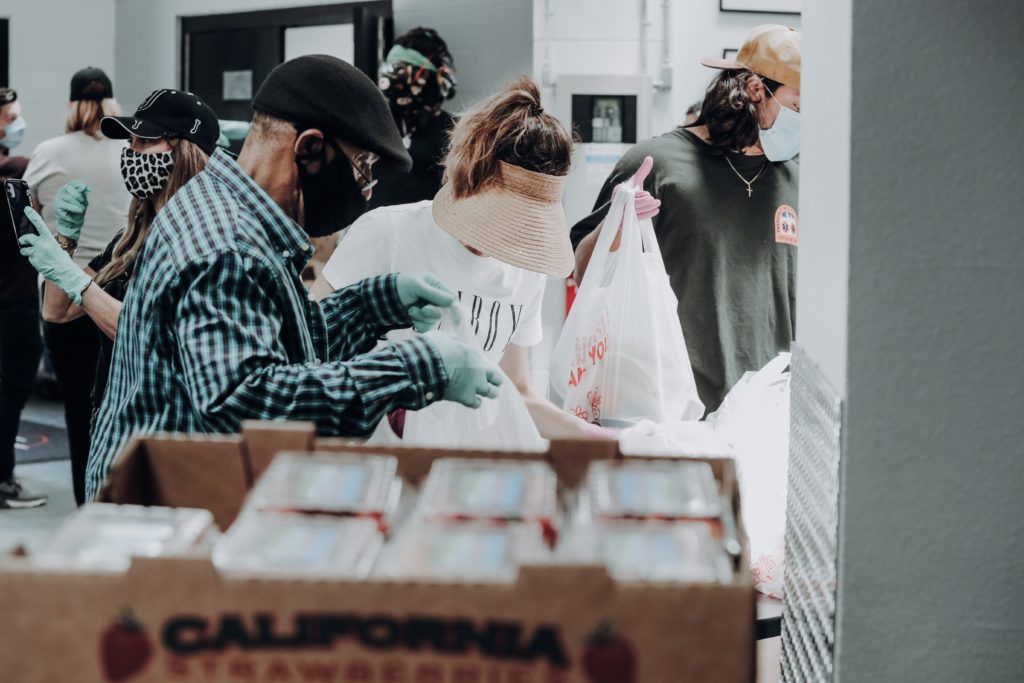
We shifted a significant portion of our restricted grants to unrestricted awards, knowing that our partners would be able to distribute those funds in the most impactful way. -TL
TLLF: How has the past year changed your awareness of the community’s need?
Deborah: I did not fully appreciate the number of people that were living in hotels and motels as their primary residence prior to the pandemic starting. It wasn’t until learning about the NC AG blocking evictions of NC residents living in hotels and motels during the COVID-19 stay-at-home order, that I recognized the extent and complexity of the issue (for recent coverage on the CDC eviction moratorium, click here).
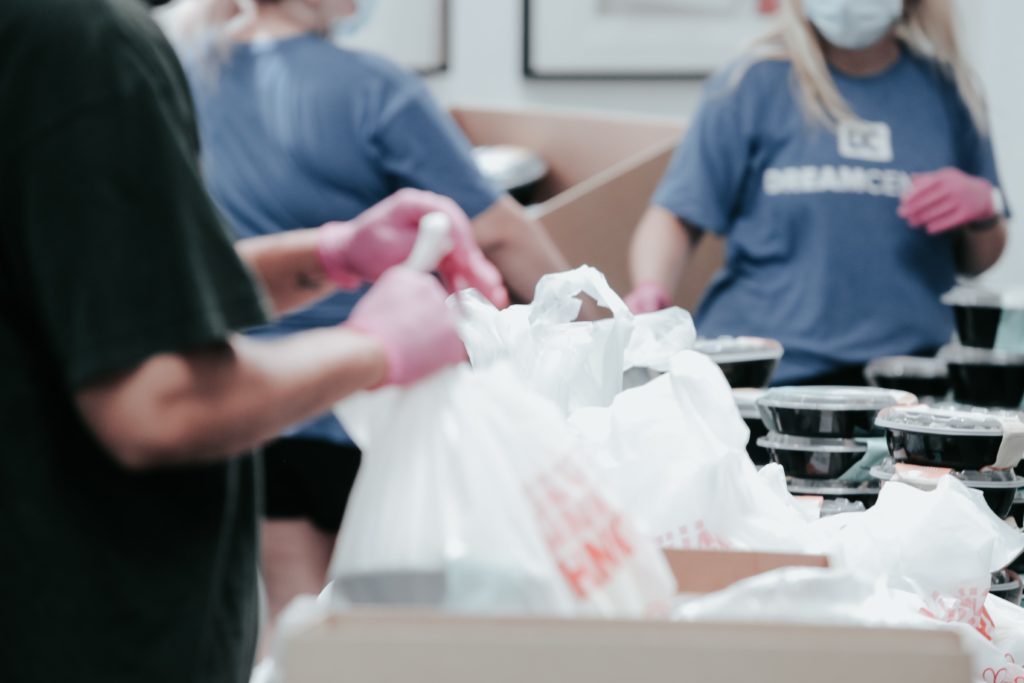
I’m most proud that all of our grant partners survived through the pandemic. -JS
TLLF: What is something you learned during these COVID-19 grantmaking cycles that will stay with you?
Mike: COVID-19 really uncovered some of the disparities in physical and behavioral health care access in North Carolina. The pandemic immediately hit hardest those who had the least access to needed services. Watching the various community safety-net providers rise to meet these great needs was inspiring. It also highlighted how important it is for organizations who are serving the community to be linked to organizations in other communities doing similar work. These collaborative networks, while sometimes informal, serve as a great incubator for new ideas and best practices. They can improve everyone’s work as the best ideas are shared.
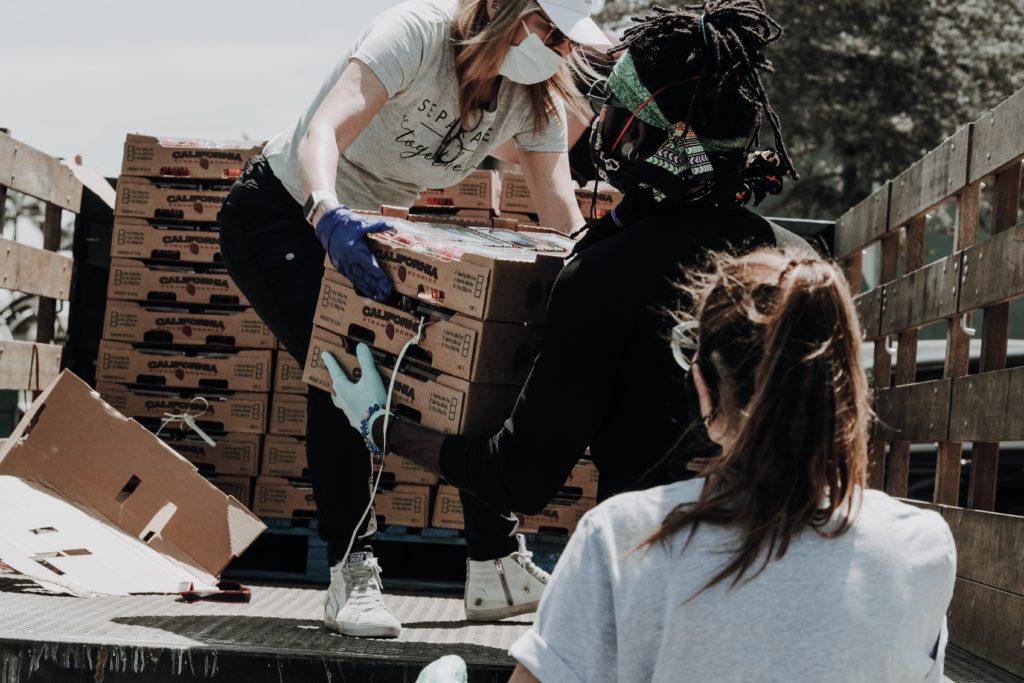
TLLF: What are you proudest of when you consider the past year’s impact on your mission area/grantees?
Justin: I’m most proud that all of our grant partners survived through the pandemic. There were a lot of tense moments and difficult conversations early on where it wasn’t entirely clear that this would be the case. The community rallied together, and we saw extraordinary leadership across the board to navigate a tumultuous time.
To learn more about The Leon Levine Foundation, click here.
